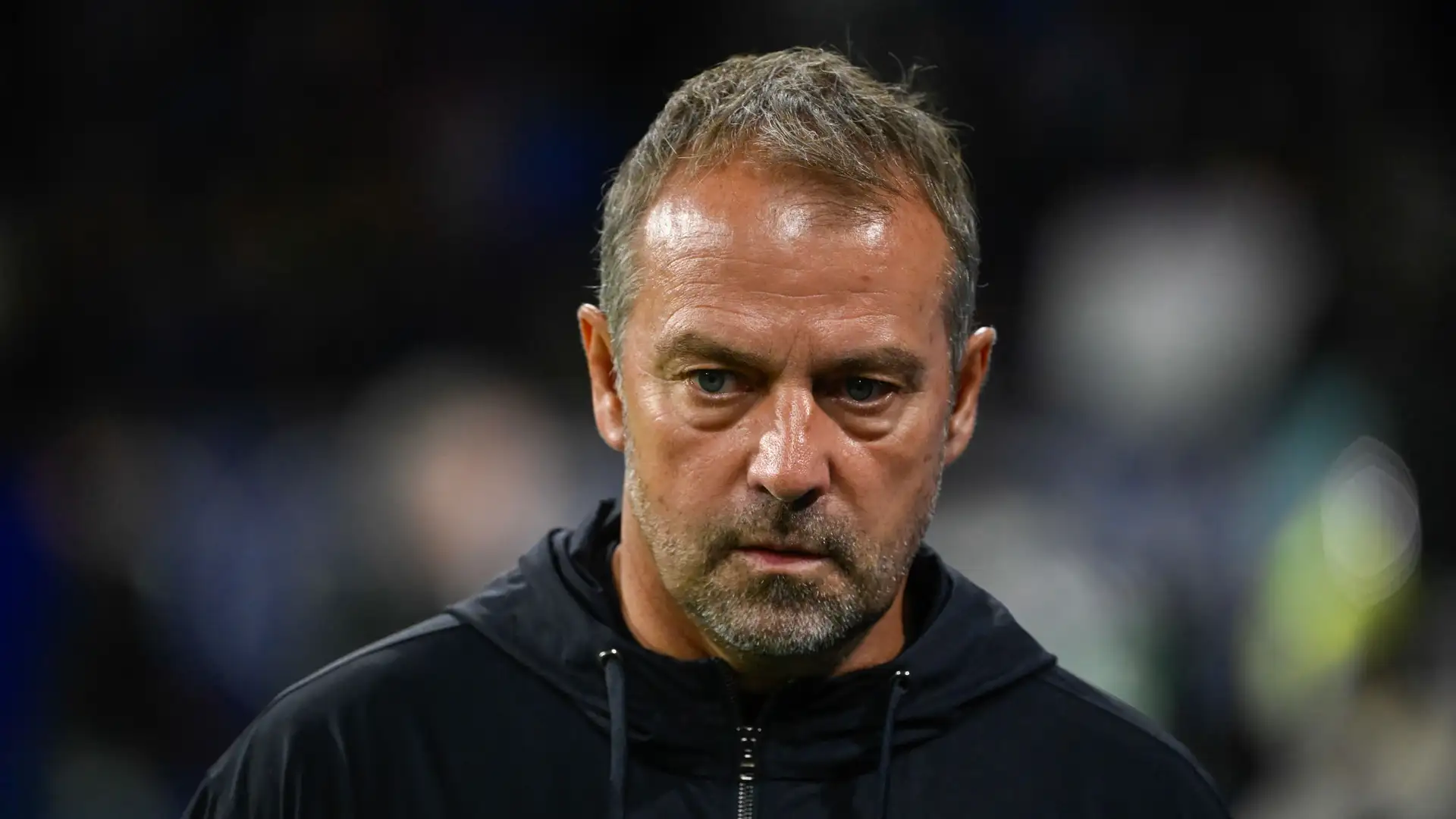
Barcelona Retain Full Faith in Manager Hansi Flick Despite Back-to-Back Defeats as Board Back German After Sevilla Thumping
Laporta’s Vote of Confidence Keeps Flick Steady as Barcelona Look to Regain Their Identity
In the modern game, where managerial patience is often thinner than a matchday program, Barcelona’s backing of Hansi Flick stands out as an act of conviction — and perhaps defiance. Despite suffering a bruising 4–1 defeat to Sevilla, their second consecutive loss in all competitions, the Catalan hierarchy remains steadfast in their belief that Flick is the right man to steer the club forward.
For a fanbase that has become all too accustomed to turbulence, the message from the board is clear: this project won’t be derailed by a few early-season setbacks. Flick’s tenure, still in its infancy, is being treated as a long-term commitment — one centered on tactical evolution, player development, and a cultural rebuild that goes deeper than mere results.
Laporta Meets Flick: “We Believe in You”
According to reports from SPORT, club president Joan Laporta wasted no time in addressing the growing unease around the team’s recent performances. On the flight back from Seville, the president held a private discussion with Flick, assuring him of the club’s unwavering support.
Sources close to the conversation describe Laporta’s tone as “reassuring but firm.” He acknowledged the defeat’s sting but emphasized that the board remains united behind Flick’s vision. “We believe in your work, in your project, and in the process,” Laporta reportedly told the German coach.
For Flick, that gesture of confidence is both a relief and a challenge. The former Bayern Munich and Germany manager has always operated best under trust — and worst under scrutiny. His first few months at Camp Nou have shown flashes of promise, but also the cracks that come with any tactical transition.
Behind the scenes, there is a quiet acceptance that rebuilding Barcelona’s identity will take time. Flick is trying to merge German intensity with Barça’s traditional fluidity — a fusion that’s easier on paper than in practice.
A Rough Night in Seville: What Went Wrong
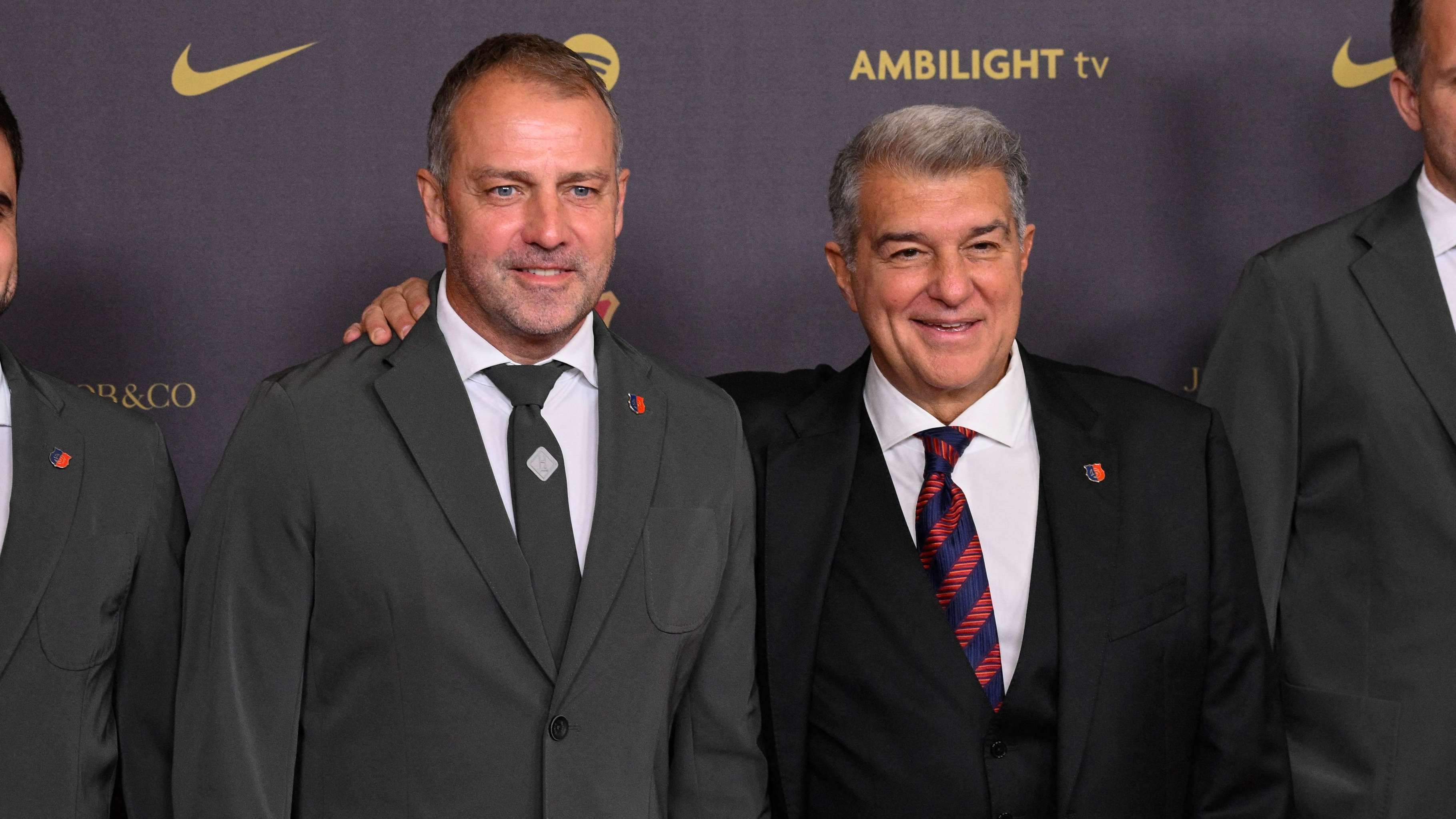
لابورتا رئيس برشلونة
The numbers told their own story: Sevilla 4, Barcelona 1. But the scoreline doesn’t quite capture the chaos and frustration that unfolded at the Ramón Sánchez-Pizjuán.
Within forty minutes, Barça were two goals down — both stemming from lapses in defensive shape and miscommunication at the back. Flick’s high-pressing system, designed to suffocate opponents, was repeatedly bypassed by Sevilla’s quick transitions.
Just before halftime, Marcus Rashford, on loan from Manchester United, offered a glimmer of hope with a well-taken goal to make it 2–1. The momentum shifted briefly, and when Robert Lewandowski stepped up to take a penalty early in the second half, it felt like a turning point. Instead, his miss seemed to deflate the side completely.
From there, Sevilla took control. Two late goals — both avoidable — sealed the rout and sent Flick’s men trudging off, heads bowed.
After the match, former Barça midfielder Gerard López didn’t mince his words. “This team lacks defensive coordination and ruthlessness,” he said on Catalan television. “You can see what Flick is trying to do, but it’s not clicking yet. The pressing triggers are all over the place.”
Even Alejandro Balde, who came off the bench to win a penalty, was candid in his post-match interview. “We’re making mistakes that cost us games. It’s not just tactics — it’s focus, it’s concentration. We need to react faster.”
Flick’s Diagnosis: Fixing the Press, Fixing the Mindset
To Flick’s credit, he hasn’t shied away from the team’s issues. In his post-match press conference, he looked composed, analytical, and quietly determined.
“I take responsibility,” Flick said. “We know where the problems are. The pressing lines aren’t synchronized, and when we lose the ball, we don’t recover quickly enough. These are things we can fix. We need time and discipline.”
He’s not wrong. Flick’s approach demands relentless energy and tactical understanding from every player. His Bayern side thrived on it, but implementing that level of precision at Barcelona — a club that’s long prized positional play and creative freedom — is a delicate balancing act.
In training this week, the focus has shifted toward pressing drills, defensive shape, and transitional awareness. Flick wants his midfield to close spaces more aggressively and his defenders to anticipate danger rather than react to it.
Insiders also suggest Flick has held one-on-one meetings with key players, urging them to take more responsibility on the pitch. “He’s very direct,” one player told Mundo Deportivo. “He doesn’t shout, but you know when he’s disappointed. He expects everyone to be on the same page, every second.”
The Bigger Picture: Patience Amid Pressure
The club’s decision to publicly back Flick is not just a message to fans — it’s a signal to the dressing room. Barcelona have burned through managers in recent years, from Ronald Koeman to Xavi Hernández, each tasked with restoring the club’s DNA and each undone by a mix of inconsistency and off-field chaos.
Laporta and sporting director Deco are determined not to repeat that cycle. They see Flick as a long-term architect, a figure capable of imposing structure and modernity on a club still wrestling with its post-Messi identity.
One board member, speaking anonymously, summed it up: “We can’t keep starting over every six months. We chose Flick because he brings discipline, professionalism, and clear footballing ideas. If we want results, we have to give him time.”
The Catalan press, however, has been less forgiving. Local papers like El Periódico and SPORT have questioned some of Flick’s selections — notably his decision to persist with Andreas Christensen in midfield and the limited use of Pedri and Gavi together. But the consensus remains: this project needs months, not weeks.
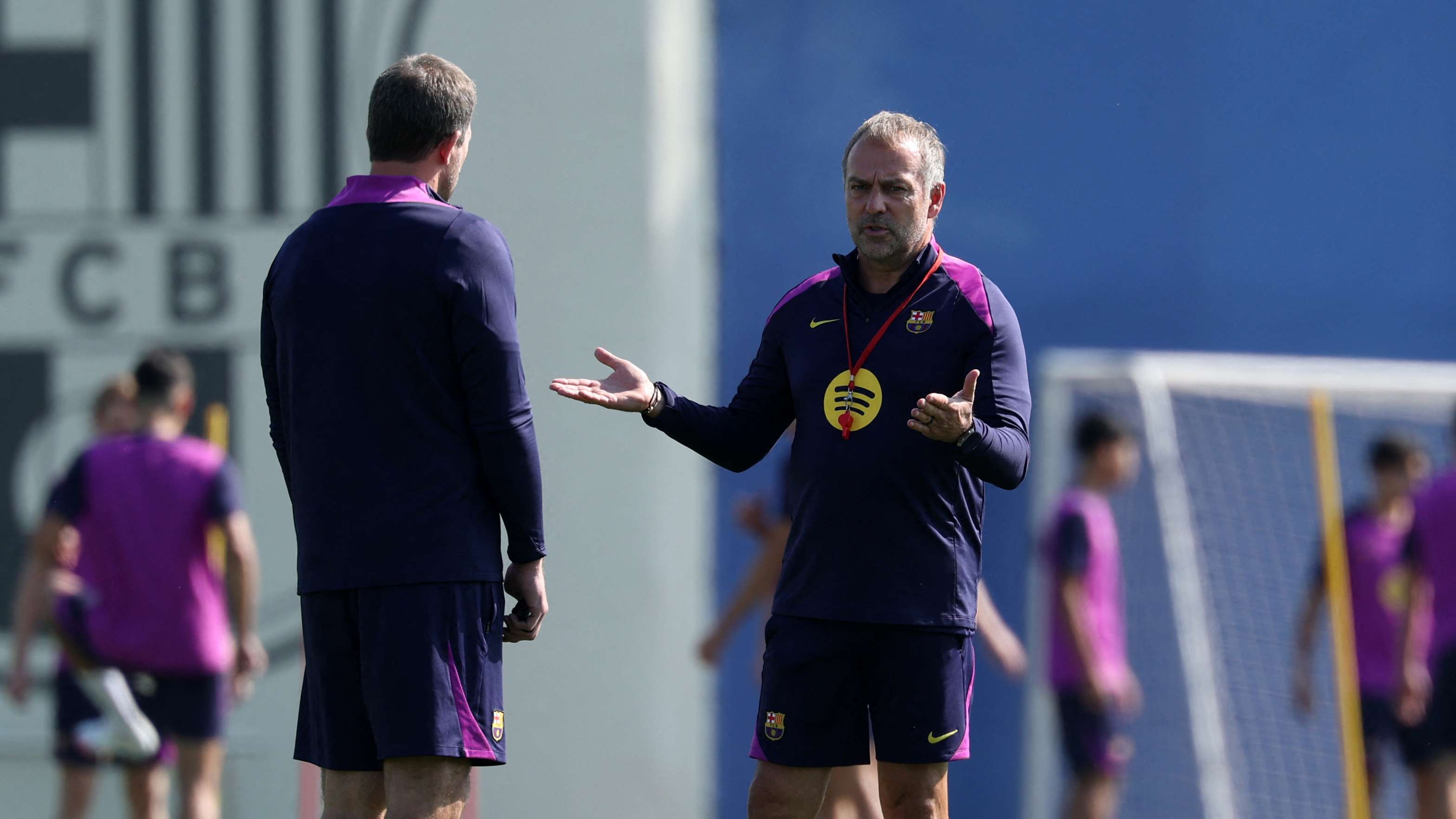
FBL-EUR-C1-BARCELONA-TRAINING
Injuries and Renewals: Club News Beyond the Pitch
Amid the disappointment in Seville, Barcelona’s week brought a mix of setbacks and silver linings. The club confirmed that Lamine Yamal will be sidelined for two to three weeks due to a minor muscle injury. The teenage sensation, who has been a rare bright spot this season, is expected to return before the end of the month.
In more positive news, sources close to the club say an announcement regarding Frenkie de Jong’s contract renewal is imminent. The Dutchman, long viewed as a cornerstone of Flick’s midfield project, is reportedly set to extend his stay until 2029.
“Frenkie represents everything we want this team to be,” said Laporta earlier this week. “Intelligent, composed, and committed.” His renewal would send a powerful message of stability at a time when Barça desperately need it.
Lessons From the Defeat: Beyond the Scoreline
While the 4–1 loss has been labeled a “thumping,” those inside the club are treating it as a wake-up call rather than a catastrophe. Flick and his staff believe that the performance — especially in the first half — showed flashes of their potential.
They point to Rashford’s goal, the improved link-up play between João Félix and Lewandowski, and the introduction of young defender Pau Cubarsí, who despite the result, showed maturity beyond his years.
“The talent is there,” Flick noted. “It’s about consistency. Once we align mentally and physically, this team can compete with anyone.”
Can Barcelona Bounce Back?
It’s the question every Culé is asking — and one that will define Flick’s first season. The next few fixtures, including a crucial Champions League clash and a tough La Liga encounter against Real Sociedad, will test not only Barça’s tactical growth but their resilience.
If the players respond to Flick’s methods with the same faith the board has shown, the turnaround could be swift. If not, the murmurs will grow louder, and Laporta’s public backing will be tested.
Still, there’s an undeniable belief around the club that Flick’s process — methodical, demanding, and modern — is what Barcelona need to bridge the gap between potential and performance.
Conclusion: Faith, Flick, and the Fight Ahead
In a footballing world obsessed with instant gratification, Barcelona’s faith in Hansi Flick is a rare act of principle. The easy option would have been to panic — to bow to pressure, blame the coach, and reset once again. But Laporta’s message is unambiguous: the German stays.
For Flick, that backing provides both security and responsibility. He now has the trust — but he must repay it, not just with wins, but with evolution.
As the team regroups at Ciutat Esportiva, one phrase reportedly echoes through the corridors: “Confianza total” — total trust.
And for a club that once defined footballing perfection, that trust — fragile, yet powerful — might just be the first step back to greatness.




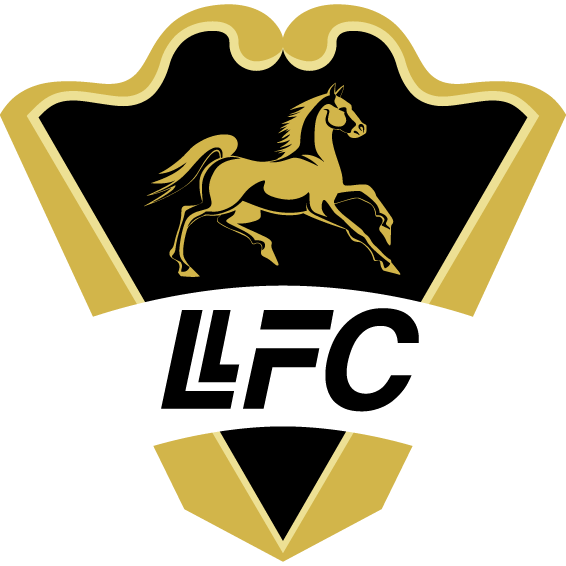






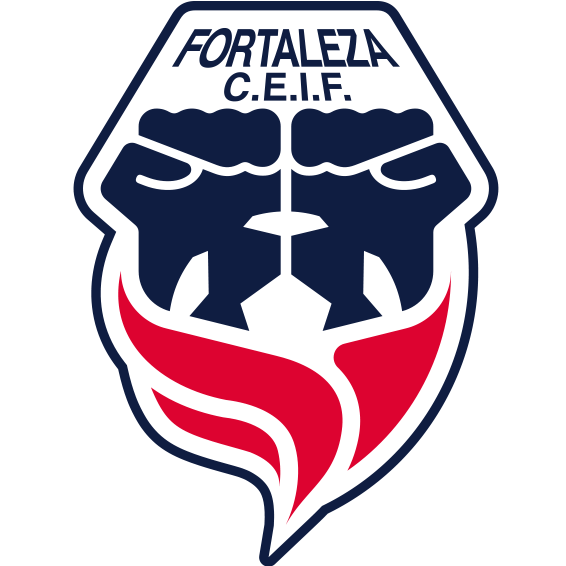
























There are no comments yet. Be the first to comment!